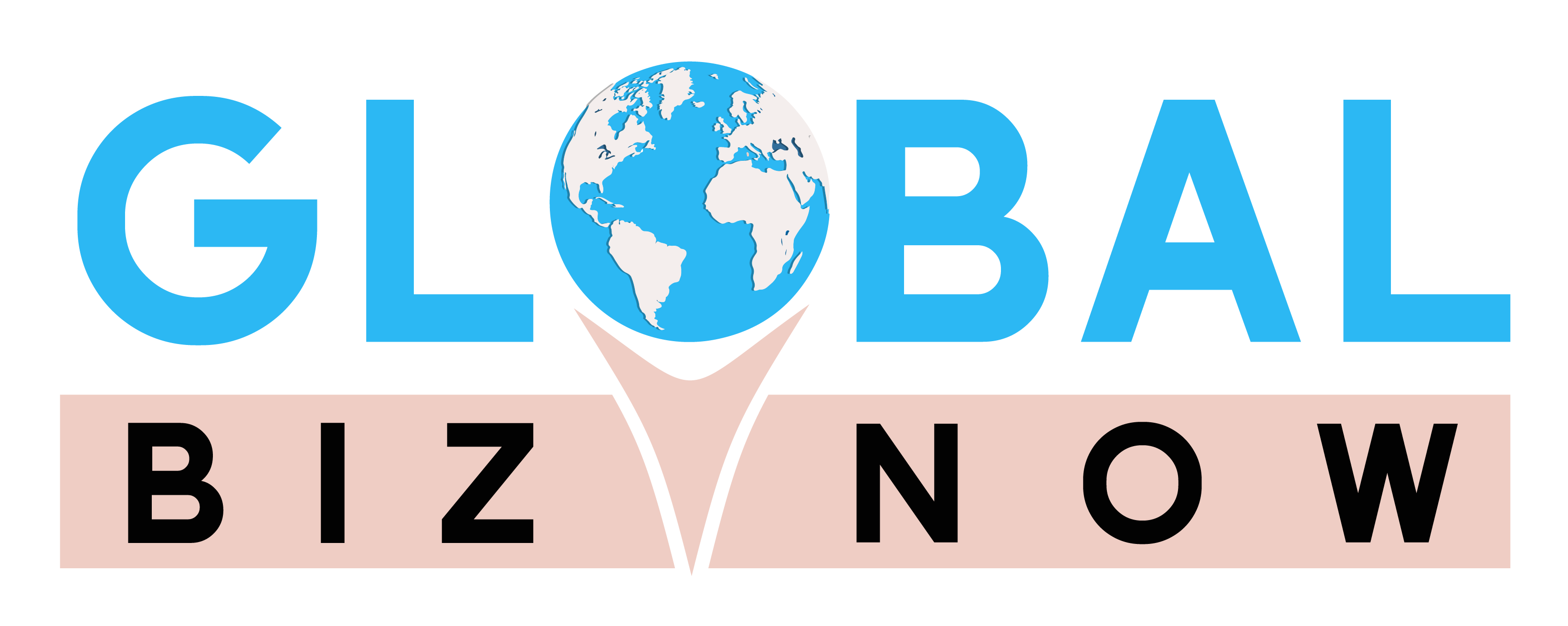Artificial intelligence is growing at an exponential rate, leaving behind an emerging debate: Will this transformative technology one day derail job opportunities or offer new vistas and enhance human capacities? The debate has all the time been polarized between those that view AI as a forerunner of substantial unemployment and the camp that argues it is a tool that enhances productivity and drives innovation. But what are the facts? Will AI take over your job, or is this idea more hype than substance?
The Fear of Job Loss
This fear that AI is going to take over jobs isn’t without a basis. Historical precedents, such as the Industrial Revolution, make it easy to see how technological development can bring about prominent shifts in the available workforce. Machines and automation replaced most of the manual and repetitive tasks involved in manufacturing; people lost jobs due to this shift. On the other hand, AI is prospected to extend this disruption into white-collar professions, including finance, healthcare, and law, through its ability to learn and adapt.
For example, AI systems today can very easily process reams of data to make financial predictions, diagnose medical conditions with a very great deal of accuracy, and even draft legal documents. This naturally raises corresponding concerns that many professional roles may become redundant in the face of AI systems’ continued improvement and diffusion. This is particularly true for routine or data-driven jobs. This may significantly change or even fade out the roles of accountants, auditors, and data entry clerks with AI performing these functions at a much faster rate and closer to perfection.
The Promise of New Jobs and Mass Transformation
The story of AI making people jobless is only one side. AI is going to create new jobs, industries that one can hardly imagine today. The invention of AI is bound to give rise to completely new categories of work, just like the internet did when it came about, giving birth to web developers, digital marketers, and cybersecurity experts. For instance, ethics in AI are quickly becoming a huge area of concern, requiring professionals who can sail through the intricate moral seas of AI implementation.
Moreover, AI has the potential to complement human beings at work, hence making them more effective and efficient. For instance, AI could process routine tasks and data analyses, allowing professionals to deal with only the strategic, creative, and interpersonal parts of their jobs. In health, AI can support doctors in diagnosis, thus freeing them to have more direct contact with patients. AI can provide an education sector with personalized learning platforms that can help a teacher to take care of all diverse needs of his students in an efficient way. Indeed, the power of AI is huge in intensifying rather than replacing human involvement in job roles and tasks, assuming it picks up mundane tasks to let humans focus on paths requiring emotional intelligence, creativity, and complex decision-making.
Reskilling and Adaptation Needed
Reskilling and adaptation are trump cards in negotiating transition spurred by Artificial Intelligence. Workers have to be ready to learn newer skills that would foster AI technologies. This reskilling would need contributions from three quarters: governments, educational institutions, and private sector organizations. In this case, lifelong learning will become an imperative attribute since the pace of technological change warrants continuous adaptation. Already, such initiatives as coding boot camps, online courses, and vocational training programs are cropping up to meet this demand. Noticeably, a rise in data science machine learning courses are targeted at equipping workers with relevant acumen to thrive in an AI-driven economy.
More important in the future of working with AI, however, will be the ethical considerations and regulations. Ensuring that the development and deployment of AI are controlled by principles oriented toward the well-being and fairness of humans will help to reduce the risks of job displacement and economic inequality. Perhaps even more important in this changing workforce will be policies for inclusive growth, such as universal basic income and social safety nets.
Balancing Innovation and Employment
Whether AI will simply take over your job cannot be answered by a yes or a no. AI’s influence on the job market will be complex and multi-faceted. Certain jobs might quite literally disappear, but new opportunities will arise in other areas. The main challenge this provides is how effectively this change can be managed to enable the workers to imbibe capabilities for the future and to ensure that technologies associated with AI would be developed vis-à-vis applied in ways leading towards strengthening human potential rather than replacing it.
The future of work with AI hence rests in our ability to be able to accept change, adapt, and use this transformative technology for the greater good. This places the onus on governments, businesses, and individuals coming together and charting a balanced way ahead that would empower any country to harness the benefits that AI brings while solutions are found for the challenges it presents. By so doing, we can build a future in which AI works as a powerful ally in the quest for progress and prosperity.



